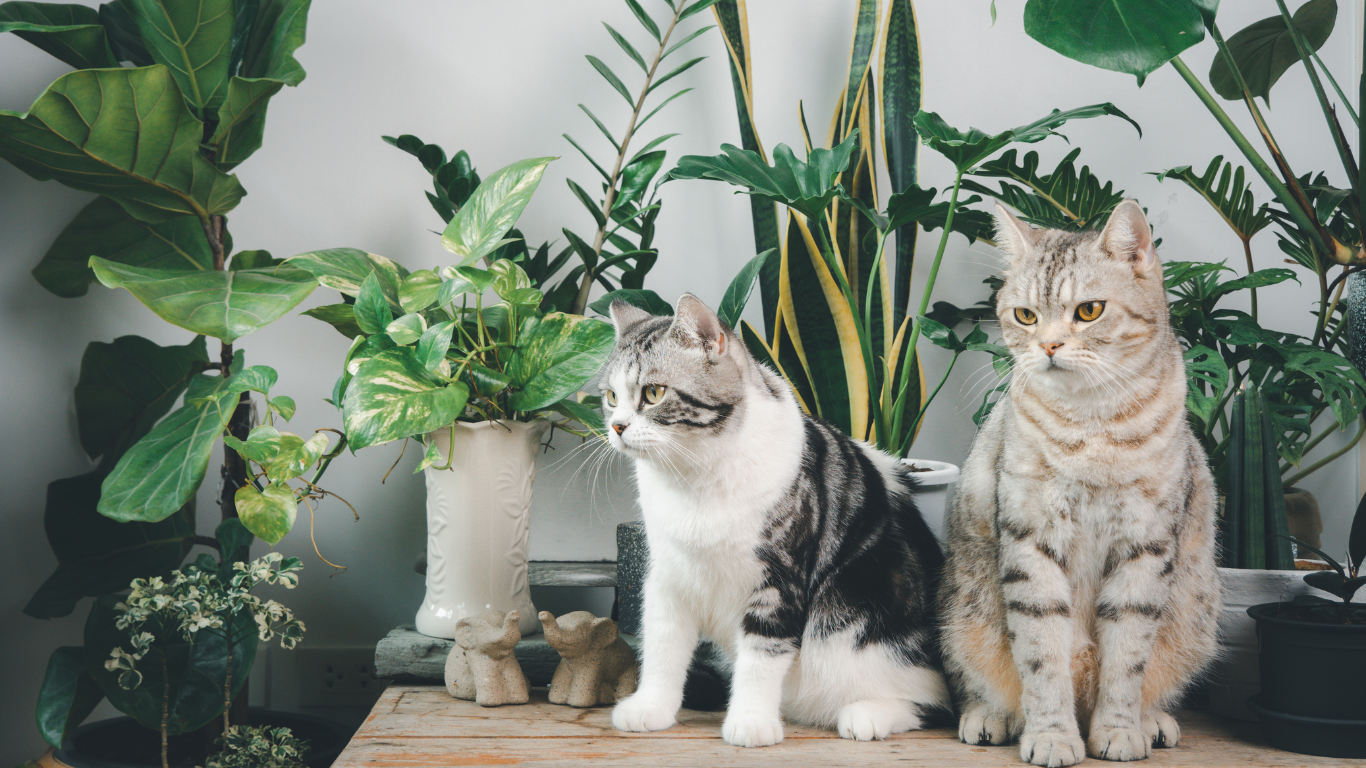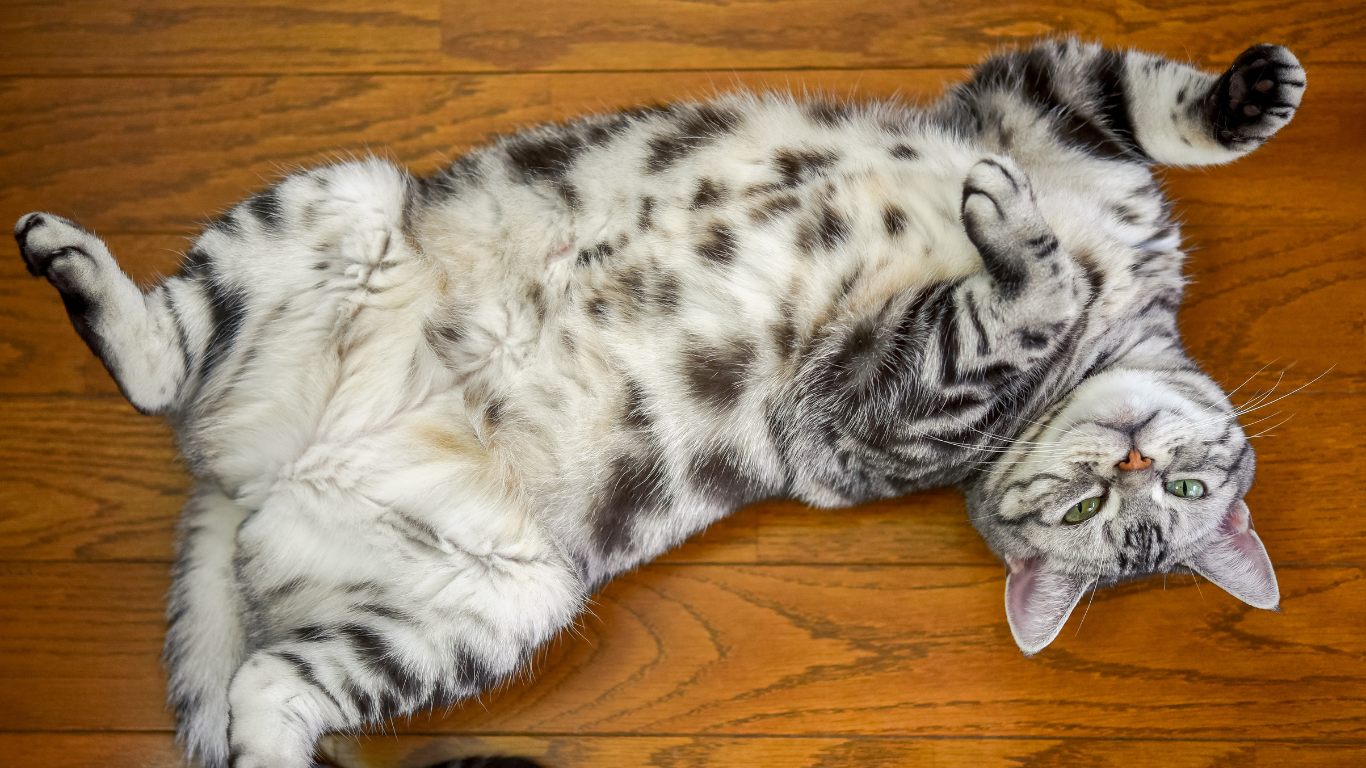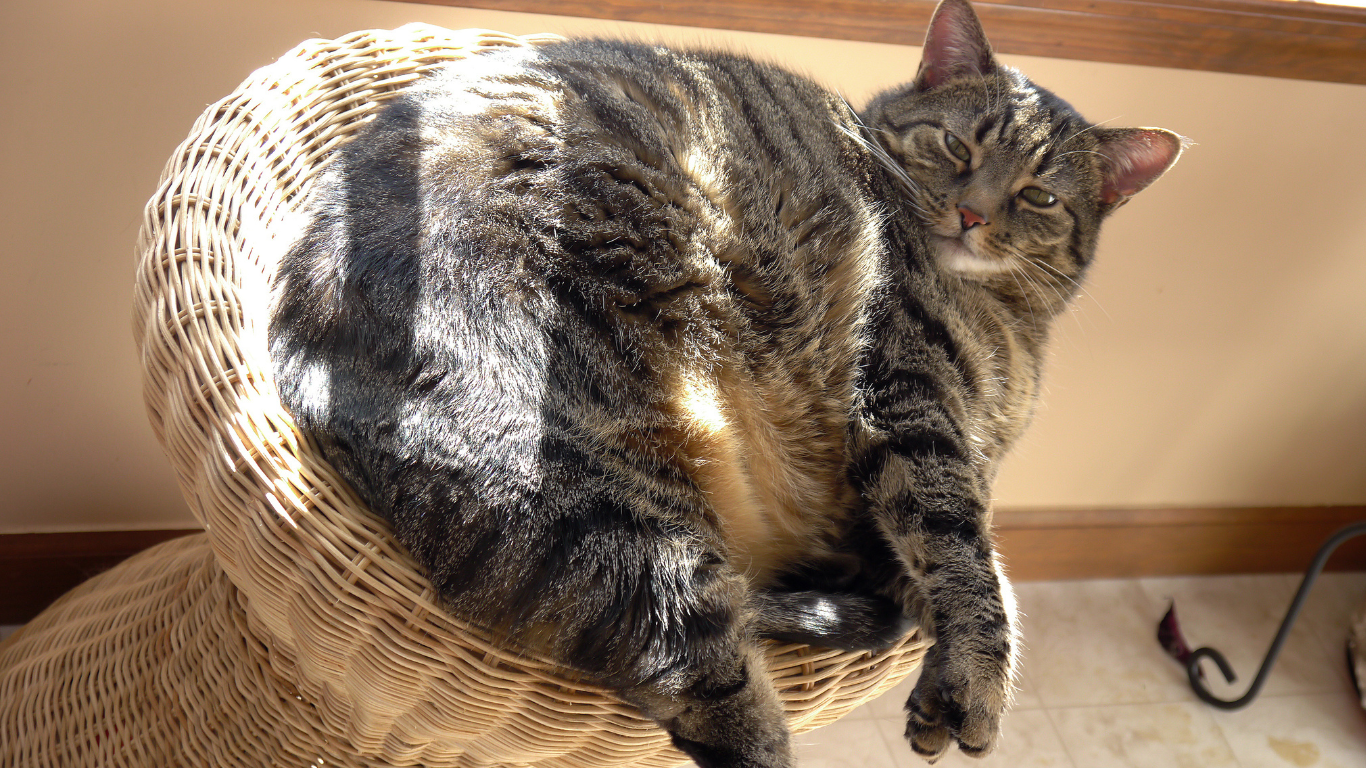Cats are pure carnivores - i.e. meat eaters. Your food should always contain a high proportion of meat so that cats are fed a species-appropriate diet. But there are some things that should definitely not be added to the food, otherwise it can quickly become dangerous. Even if your cat is cranky and doesn't eat everything, you should be careful. You can find a list of poisonous plants, fruits and processed products here.
Leek and onion plants
These include, above all,
- Onions
- Wild garlic
- Garlic
For example, they contain sulfur compounds that affect the red blood cells of velvet paws. Among other things, there is a risk of anemia (anemia), which you can notice through pale mucous membranes, apathetic behavior and possibly dark urine. Increased heart rate and diarrhea are other symptoms of this poisoning.
Chocolate
Chocolate is not only very toxic to dogs, but also to small tigers. Since the theoromine contained in cocoa beans is only slowly excreted, it quickly accumulates in the blood. The first signs of poisoning appear after just four hours, such as restless behavior and cardiovascular problems, which in the worst case can lead to death.
pork meat
Even if cooked pork is sometimes included in food, it can be really dangerous raw. When raw, it can contain the Aujeszky virus, which is deadly for cats. This form of herpes virus attacks the nerve cells in the brain and can cause irreversible damage. In particular, insatiable itching is the typical symptom of the disease.
However, the virus is completely harmless to humans.
In addition, the following symptoms can occur when infected with the Aujeszky virus:
- restlessness
- Frequent meowing
- Salivating
- Vomit
- Aggressive behavior
- Movement disorders
- paralysis
stone fruit
The toxins contained in stone fruits and grapes (also in the form of raisins) can develop into hydrogen cyanide and can be just as dangerous as persin in avocados. It has a toxic effect on cats and, in addition to the symptoms described above, causes palpitations and, in the case of avocados, shortness of breath, coughing, accumulation of fluid in the abdominal cavity (ascites), water retention under the skin (subcutaneous edema) or heart muscle weakness.
potatoes
If you put your cat on a diet or there are leftovers in the kitchen, make sure that no pieces of potato have fallen on the floor. These are critical when raw, or rather the toxin solanine they contain is critical. Green spots in particular should be removed generously and the cooking water should be thrown away as the solanine accumulates in it during the cooking process.
Cabbage and legumes
In small doses, cabbage and legumes cause flatulence, lead to abdominal cramps, vomiting, bloody diarrhea and even circulatory collapse due to various toxins such as phasin and should therefore be kept away from your cat's mouth.
Toxic plants
There are also plant-based dangers lurking in the garden for your tiger. Here we have listed common garden plants that are poisonous to cats.
- Amaryllis
- Azalea
- Boxwood
- Christmas thorn / holly
- Ivy
- Yew
- Angel trumpet
- Foxglove
- Golden shower
- Bay laurel (leaves & berries)
- Lily of the valley
- Mistletoe
- Oleander
- Rhododendron
- Thuja

Just no rat poison
Rat poison is not only deadly for the small rodents, but also for their hunters. Even if your cat doesn't eat the poison itself, but kills a mouse that had previously eaten rat poison, it can be life-threatening. So if you know that a neighbor has put out rat poison, your tiger should become a house cat for this period - even if it is difficult. Rat poison blocks blood clotting, which can cause animals to bleed to death. The symptoms are pale mucous membranes, blood in the urine and feces and general fatigue (apathy).
Medication
Dangers for your cat can also be hidden in the medicine cabinet. A tablet dropped on the floor is quickly swallowed and even small doses are life-threatening for cats. The medication cabinet should always remain tightly closed, especially if it contains one of the following medications:
- heart tablets
- Painkillers (aspirin, ibuprofen, paracetamol)
- sleeping pills
Symptoms of poisoning in your cat?
If your cat shows the first signs of poisoning, there is only one thing to do: take him to the vet!
Before you set off, check whether you find any packaging of what you have ingested (e.g. medicines or pesticides), vomit or fresh diarrhea from the cat and take everything with you to the vet. There could be an indication of which toxin the velvet paw came into contact with. In the case of poisoning, the most important thing is to ensure that the time between contact with the poison and appropriate treatment is as short as possible. An emetic may be administered up to a maximum of one hour after admission. Vomiting ensures that the toxins do not enter the bloodstream as much as possible. So don't hesitate and take your cat to the vet once too often rather than waiting for further, possibly worse, symptoms.
In conclusion, cats are very cuddly and don't eat everything. Therefore, the risk of poisoning is significantly lower than with dogs.










